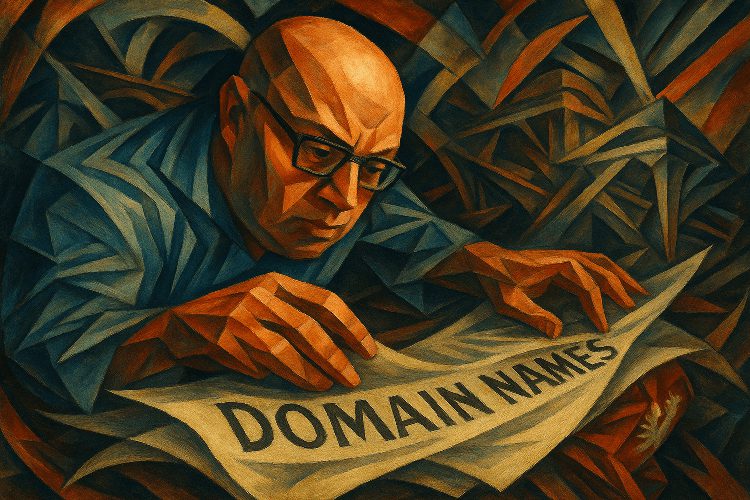Domain Name Law

Domain names are increasingly part of a brand, and having the right domain name is critical to succeeding in online business. Nefarious individuals known as “cybersquatters” often try to buy and hold a domain name similar to a successful company’s, forcing the rightful name holder to pay the squatter for the domain name’s use. Often, cybersquatters will run pay-per-click sites on their poached domains, earning money off of people who thought they were visiting your site. Other companies, often larger ones, will sometimes try to push people off of domain names that could be useful to the company, despite the fact that their owners have a legitimate interest in them.
These disputes are commonly tried before the World Intellectual Property Organization (WIPO). Based in Geneva, Switzerland, anyone in the world can submit their domain name dispute under the Uniform Domain Name Dispute Resolution Policy (UDRP) to WIPO. Following that hearing, litigation in the United States may follow.
Ron Green is the godfather of domain name law in Nevada. He was an early pioneer in the field, before most lawyers even knew what domain names were. He has handled countless domain name matters, and for years if you saw a domain name case in Nevada that did not have Ron’s name on it, there was a damn good chance that the lawyer handling it had copied Ron’s pleadings. He knows the nuances of this sub-specialty like nobody else.
We have successfully represented clients seeking to protect their rights to domain names by taking away confusingly similar domain names registered in bad faith by cybersquatters, and protecting domain names from others who wrongly sought to seize them. Our experience with First Amendment and free speech issues is especially useful in dealing with domain name disputes that interact with these legal concepts, such as the well-known case of Beck v. Eiland-Hall, where political commentator Glenn Beck tried to take down the parody website <GlennBeckRapedAndMurderedAYoungGirlIn1990.com>. We are also experienced in litigation that can follow UDRP decisions, where one party tries to overturn a WIPO decision in court. In those cases, our extensive familiarity with the rules and procedures of federal courts, and our knowledge of federal domain name law, can help make sure your rights are protected.
Domains have and will continue to go up in value faster than any other commodity ever known to man
— Microsoft Founder Bill Gates —
